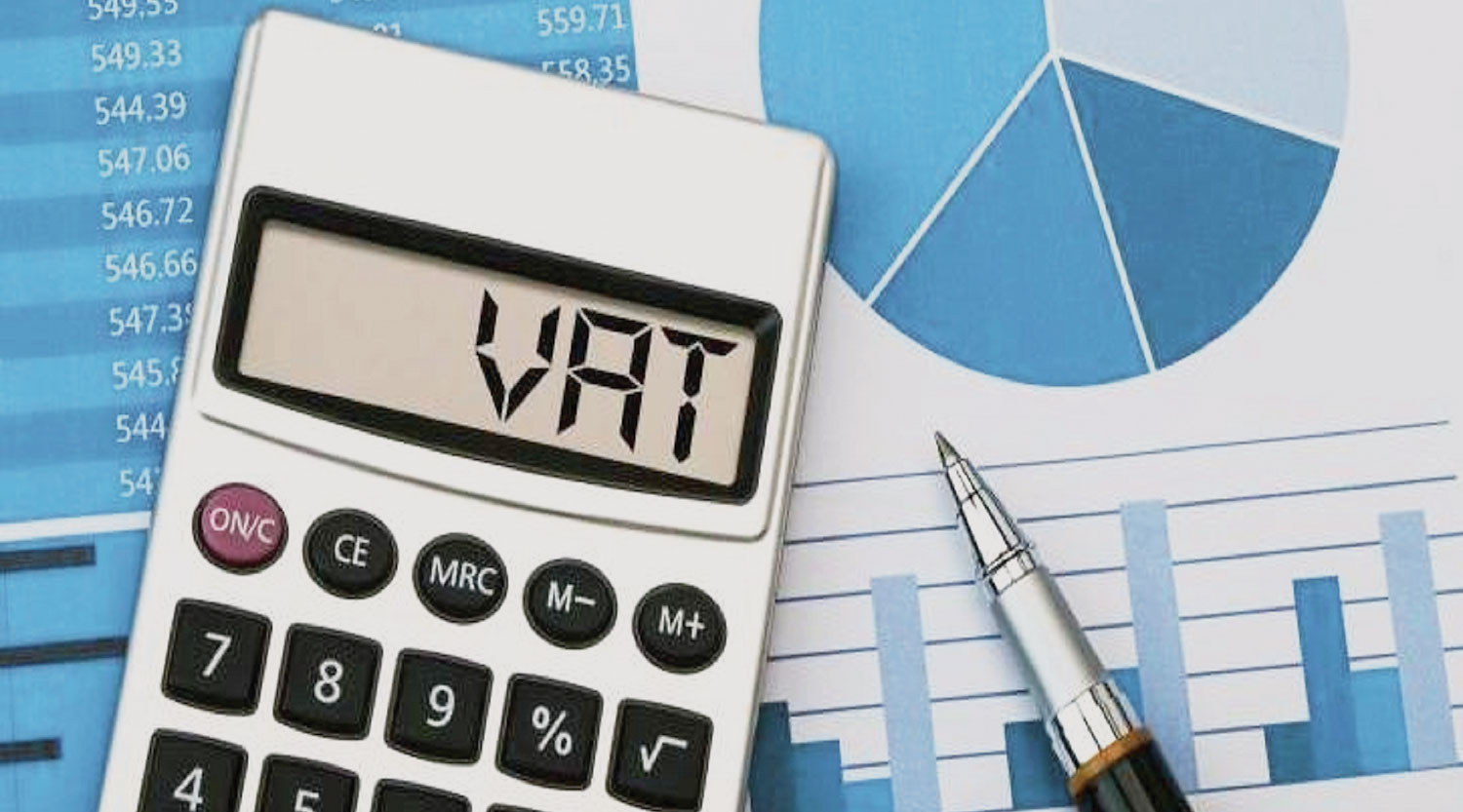

MUSCAT: The anticipated introduction in Oman of Value Added Tax (VAT) in 2019 under the Framework GCC VAT Agreement has created an array of issues for businesses to consider so as to ensure adequate business continuity.
Impact on existing operations
The primary concern for any business facing the introduction of a new tax regime is to ensure business continuity. This requires a comprehensive evaluation of the impact of the relevant tax on inward and outward transactions.
Inadequate preparation for the new VAT regime may lead to businesses struggling to understand the taxation of day-to-day transactions — potentially having a detrimental effect on customer and supplier relationships. Whilst no law or implementing regulations have been published in Oman at this stage, businesses can look to the Framework GCC VAT Agreement, as well as the VAT laws of the UAE and Saudi Arabia, to broadly answer key questions. These questions may include the following:
• Are a company’s purchases taxable, zero-rated or exempted?
• What conditions need to be fulfilled in order to become eligible for exemptions?
• Which taxes are recoverable and which are not?
• What treatment is given to exports, imports and intra-GCC supplies?
Preliminary analysis of the above questions can assist companies in preparing for the introduction of VAT and assist them in retaining their competitive edge. In addition, it is strongly recommended that customers and vendors are informed prior to implementation of any tax change and, where possible, contracts should be reviewed, assessed and potentially renegotiated to safeguard business interests and ensure business continuity.
Business restructuring
A new tax regime can prompt businesses to better scrutinise business operations and contractual relationships allowing for the development of solutions and outcomes to questions such as:
• Whether to maintain inventory and undertake registration in another GCC country; and/or
• How to better undertake transactions with overseas group companies in the nature of imports, exports and inter-company recharges.
Such an analysis may also assist in identifying other tax inefficiencies (such as corporate tax and customs) which intersect with VAT.
It can also lead to benefits in areas unrelated to tax such as supply chain efficiency and expansion in business presence. VAT legislation normally leads to an analysis of a variety of issues such as what constitutes supply, time and place of supply, recoverable taxes, sector-specific provisions, penal provisions and valuations, amongst others.
Each of these should be examined both individually and in the context of other broader business operations in order to ensure that businesses make appropriate decisions to ensure continuity.
Changes in business processes and practice
While the introduction of a basic VAT rate may appear to be simple, a lack of experience in dealing with consumption and transaction taxes can create confusion for a company’s tax department and also for other functions such as human resources, legal, supply chain and sales.
Businesses will be required to undertake a multitude of changes as they migrate from a “no sales tax regime” to a VAT regime. Some points to be considered by businesses are as follows:
• Changes in invoicing documentation in order to comply with all requirements and segregating taxable/zero-rated/exempt supplies;
• Changes in accounting and record systems to generate reports that provide the relevant information essential for completion of tax filings;
• Alignment of IT systems to process VAT-related information across various business functions;
• Development of a step-by-step action plan for implementation;
• User acceptance testing of systems to ascertain whether the changes are being properly implemented; and
• Training of staff to understand the impact of VAT and any subsequent changes to business processes.
International experience
Oman is in the fortunate position of being able to benefit from the experience of countries such as the UAE, Saudi Arabia and India, all of whom have recently introduced VAT.
The UAE and Saudi Arabia are of particular interest because, being part of the GCC, they are experiencing similar challenges to those Oman can expect to face. Several aspects such as treatment of intra-GCC supplies, free trade zones and exemptions are still vague areas and the tax authorities in these countries continue to provide clarifications in order to ensure that the tax is properly implemented.
For example, in India, authorities are grappling with issues such as invoice matching.
Furthermore, a number of key provisions of India’s VAT legislation remain suspended, or are operating as temporary measures, resulting in uncertainty for businesses.
It is, therefore, advisable that businesses in Oman work towards solutions in anticipation of similar challenges that are being faced internationally. Companies operating in Oman should engage with contacts in the UAE, Saudi Arabia and India in order to draw on the experiences of those who are dealing with the introduction of VAT.
Where to start?
The Oman government has already announced that VAT will be implemented in 2019. However, the draft law and implementing regulations are expected to be issued in the coming months and businesses should commence preliminary discussions at management level in order to consider the key areas of their businesses that are likely to be impacted. Ideally, a working committee of key personnel should be formed to track legislation updates and formulate a provisional project plan in anticipation of the introduction of VAT. [Contributed by Dentons and SKP Business Consulting LLP (India), who have a strategic partnership to provide a turn-key service for businesses in Oman to prepare for the new VAT regime].
Oman Observer is now on the WhatsApp channel. Click here



